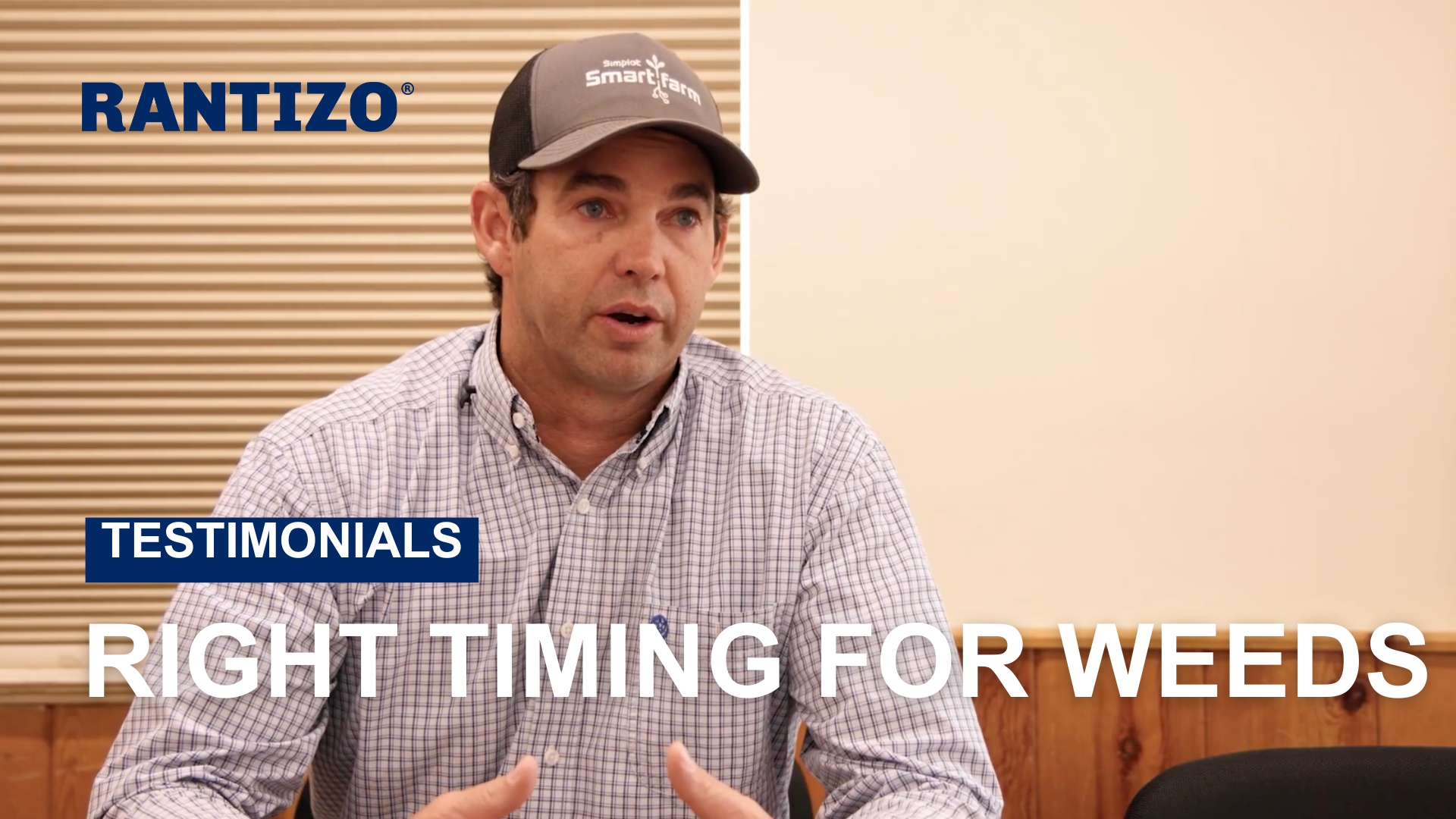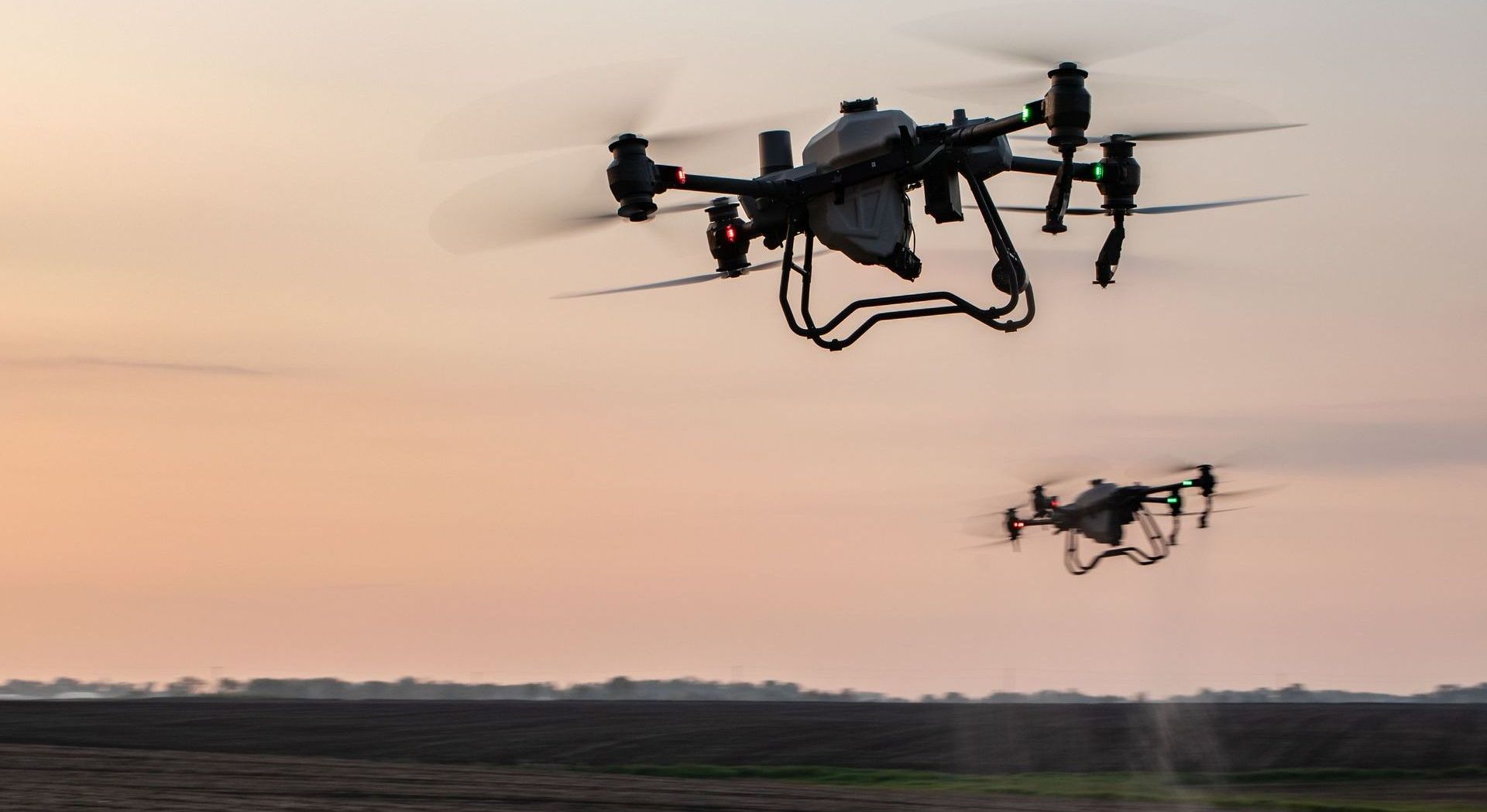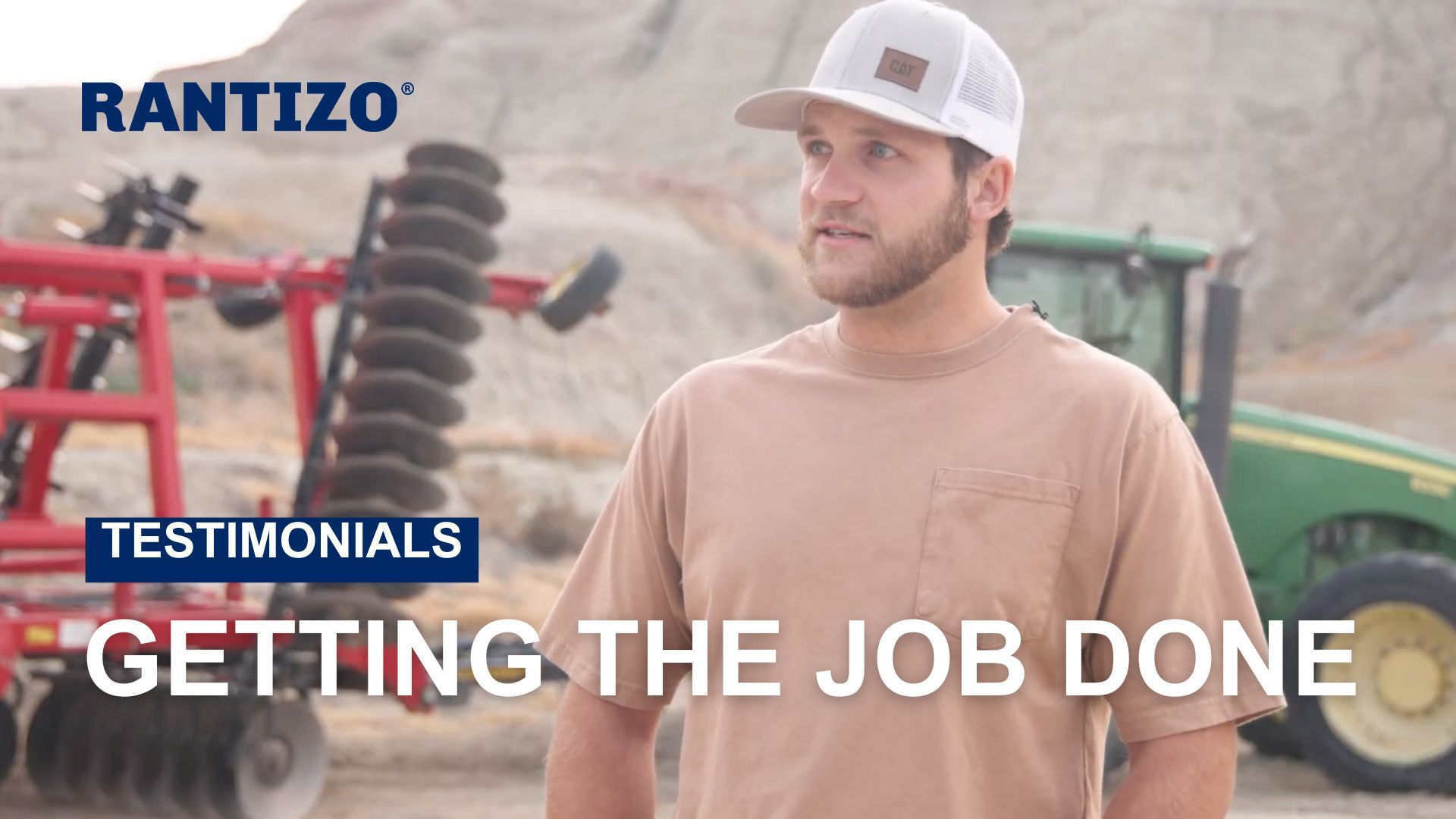RESOURCES
Spray Drones Offer Unique Benefits on Irrigated Acres
In some parts of the country, like northwestern Wyoming or the Treasure Valley in southwestern Idaho, growers rely heavily on irrigation to ensure a healthy and profitable harvest. With less than 14 inches of rainfall per year in these areas, irrigation is essential for growing crops such as onions, sugarbeets, potatoes, corn, wheat, and alfalfa.
“Pretty much anything can be grown in our area as long as we have water,” says Luke Keller from Simplot Grower Solutions in eastern Oregon.
Crop protection inputs are essential for maintaining healthy crops in these heavily irrigated areas. For example, fungicides must be applied to sugarbeets every 14-21 days to control Cercospora leaf spot. Insecticides are used on onions to combat thrips, and on corn to manage mites. Potatoes receive various treatments to prevent diseases.
While these applications are necessary, they can be tricky due to the time and expense required to remove irrigation equipment to prep fields for crop protection applications with a ground rig.
“We can’t get by without a ground rig, but ground rig usage is limited during certain times of the year,” says Craig Yano, a grower in eastern Oregon.
In these situations, spray drones can provide a cost-effective option for pesticide applications.
“When we don’t want to get on the field [with a rig],” says Yano, “the drone is the prime choice.”
Beyond cost-effectiveness, the emergence of drone spraying in areas that rely on irrigation can offer a number of benefits. Let’s explore some of them.
Timeliness
Most growers and retailers agree that the largest factor in crop protection effectiveness is application timing. “One of the big things we battle is the timing. Time is king,” says Chris Howard, a crop advisor with Simplot. “Using drones creates a window that’s a lot narrower than a conventional ground rig. That’s huge.”
By getting the right application in the right location at the right time, growers can expect better yield potential.
Lower Labor Expenses
Pulling out irrigation equipment to allow for a ground rig to spray can be a time-intensive and costly task, especially when you must hire labor.
With drones, there is no need to remove equipment, resulting in lower labor costs.
Reduced Crop Stress
After irrigation equipment is removed from the field, the ground must dry out before it can be sprayed with a ground rig. This can stress crops, decreasing yield and exposing plants to additional insect and disease pressure.
Drones don’t require fields to be dried out before getting to work, leading to less stress due to the readily available water source.
Improved Soil Health
Using drones for crop applications can prevent soil compaction caused by heavy equipment. Soil compaction can create clods, which may harm high-value crops like onions by fostering harmful bacteria. Since drones don’t touch the ground, they avoid the compaction issues that ground rigs can cause.
Spot Treatment
Aerial application also involves less planning than a traditional ground rig. Need a spot treatment? A drone can get in and out much more efficiently than a ground rig or airplane. These spot treatments can help reduce chemical usage, benefiting the environment.
Canopy Penetration
Unlike manned aircraft, drones can spray much closer to the crop, which is better for canopy penetration – especially for crops like onions and corn.
Precision
Unlike airplanes, which tend to spray from a greater height due to power lines and trees, a drone can get lower and can more accurately treat the edges and borders of fields – spots that are more susceptible to disease and higher insect pressure.
Drones are quickly emerging as a vital tool in a grower’s toolbox when it comes to crop protection in high-irrigation areas – and likely will continue to be.
“We are trying to figure out how to integrate drones into our entire spray program,” says Yano.
Adds Howard: “It feels like we’re opening a brand-new door.”
Want to learn more about how to integrate spray drone applications on your irrigated acres? Contact Rantizo at sales@rantizo.com or call 319-201-3020 ext. 1 to get started.
share this
past blog posts
Related blogs





